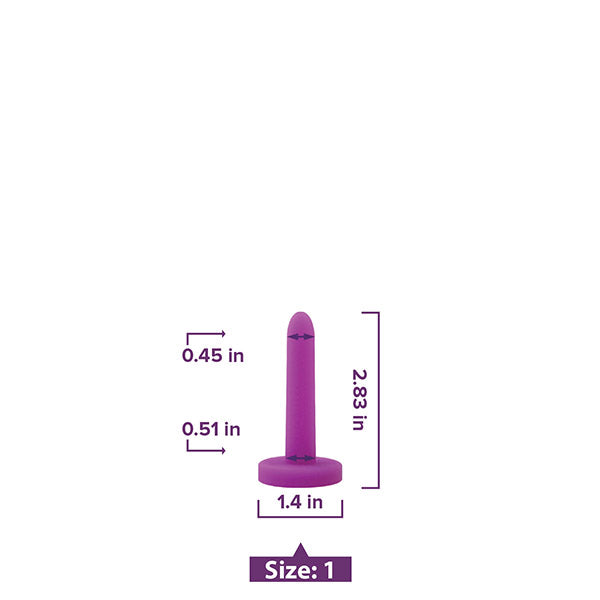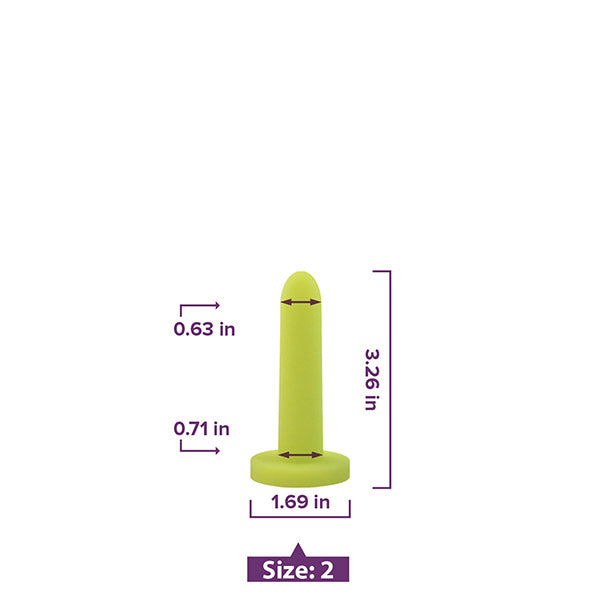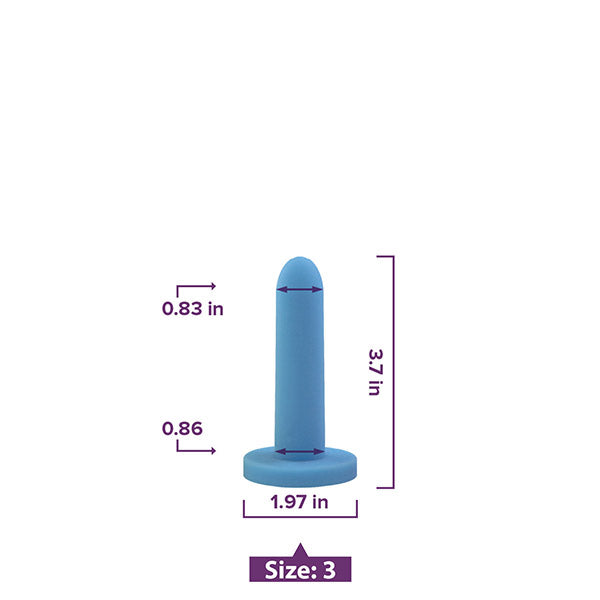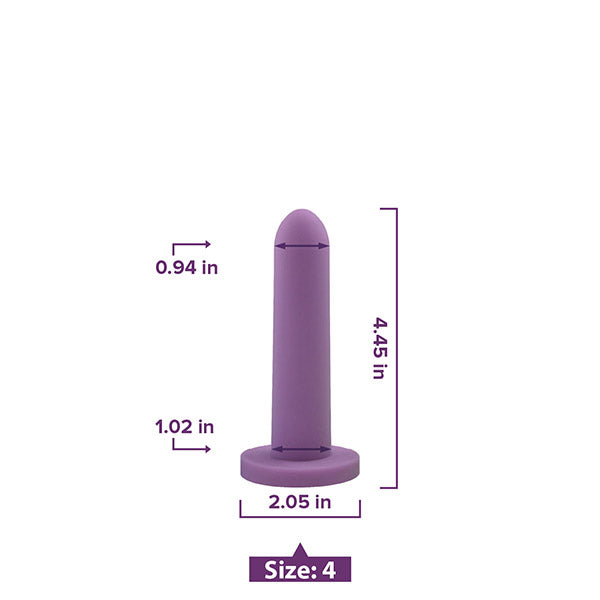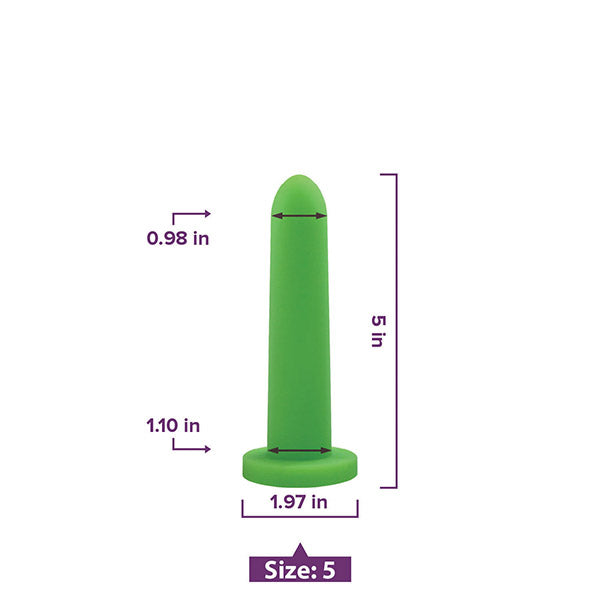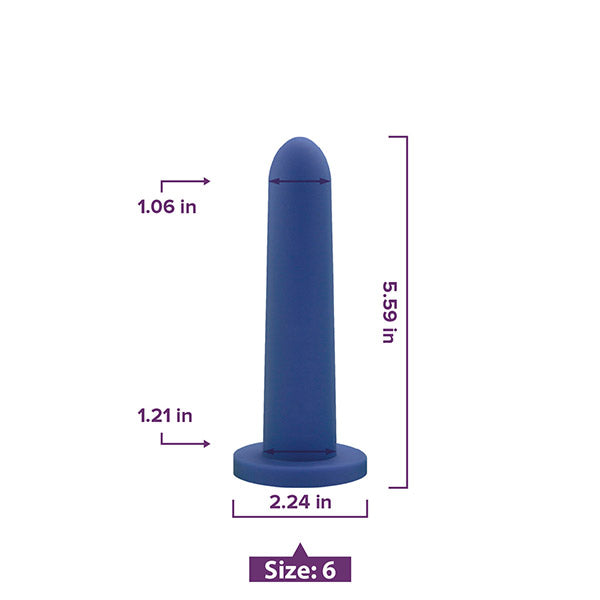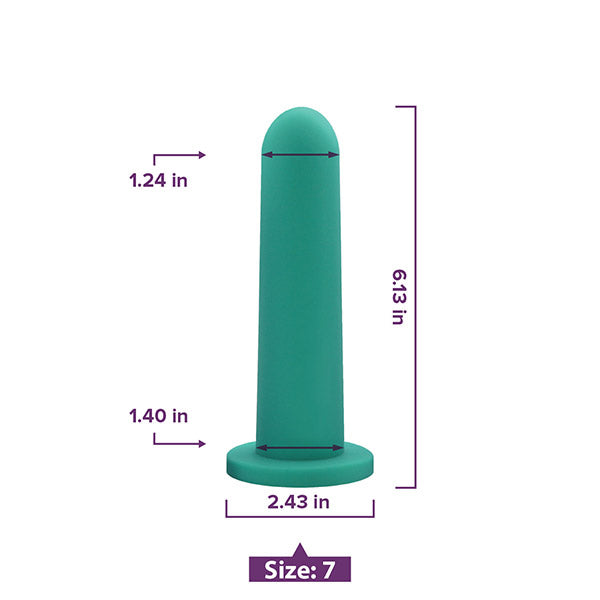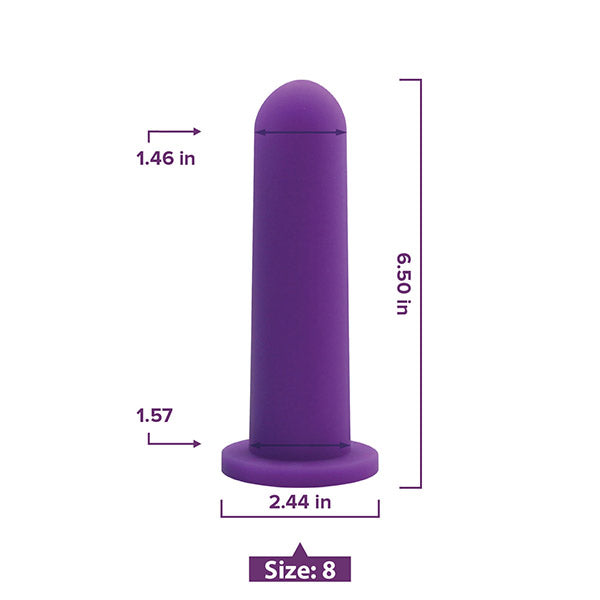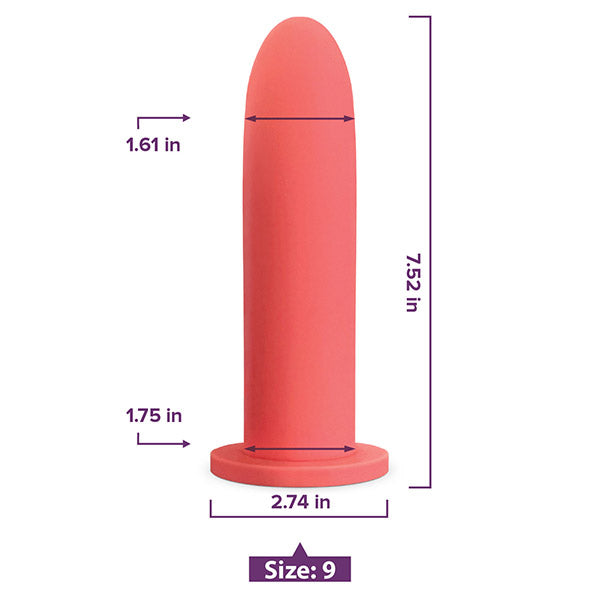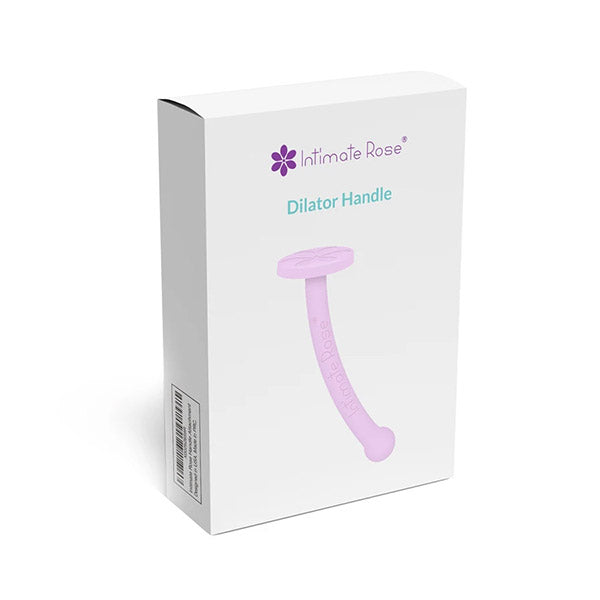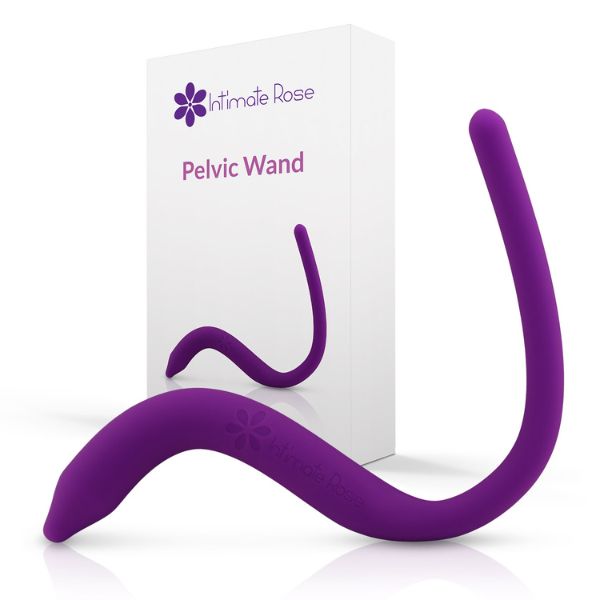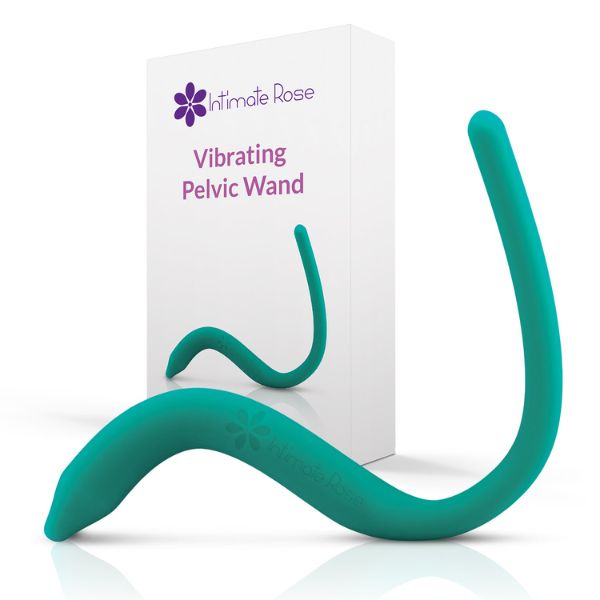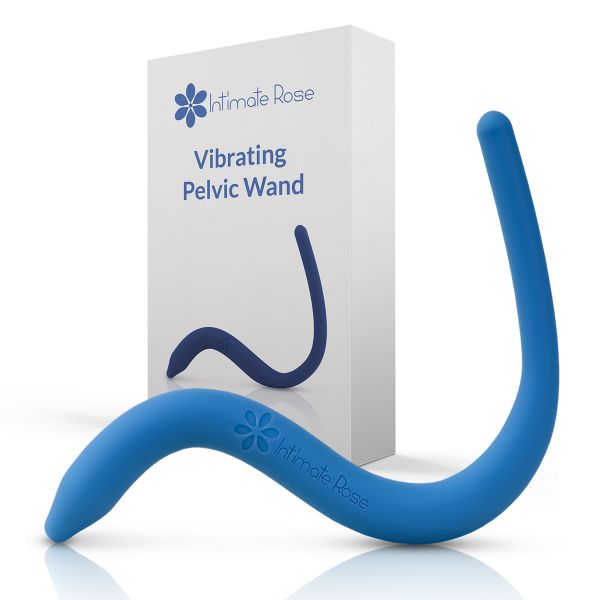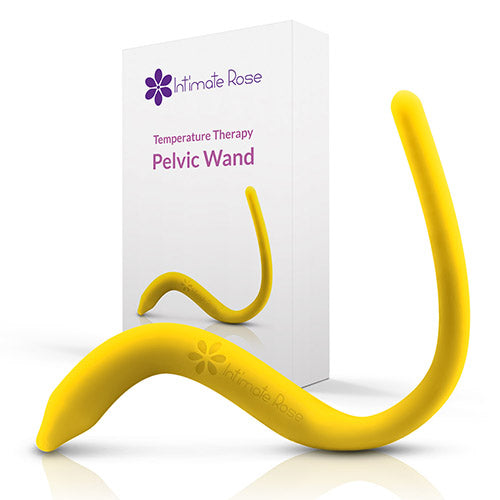If you experience pain, tightness, burning, or severe discomfort during sex, vaginismus surgery might be a solution for you. Vaginismus is one of the most common causes of pain during intercourse and is also believed to be the number one reason for sexless marriages.
In this article, we’ll explain what vaginismus surgery is, and who might need it.
What Is Vaginismus?
Considered a chronic condition, vaginismus causes the pelvic muscles and vaginal tissues to tighten and spasm involuntarily at the thought of vaginal penetration. Most women with vaginismus find it painful to insert a tampon, have a gynecological exam, or engage in penetrative sex.
While experts can’t yet explain what precisely causes vaginismus, the source is believed to stem from either physical or psychological trauma, such as pelvic injuries, vaginal atrophy during menopause, fear of the first sexual encounter, or distress from past sexual abuse.
Anxiety in the aftermath of such traumas is believed to prep the mind to expect pain during vaginal penetration, causing the muscles to tighten as a form of protection.
45-Min Online Pelvic Therapy Session, $99 
Vaginismus Surgery: What Is It?
Vaginismus surgery is a quick procedure where muscle-freezing injections (botox) are administered to the pelvic floor muscles (muscles surrounding the vagina). Similar to how botox restricts the facial muscles from contracting or tightening, the injections work on the vaginal muscles in the same way.
Due to the anxiety surrounding the thought of vaginal penetration, patients are sedated before vaginismus surgery and the injections are administered under anesthetic.
What To Expect After Vaginismus Surgical Treatment
Up to 90% of patients report feeling considerate relief following vaginismus surgery, and as many as 75% confidently engage in pain-free sex 2-6 weeks afterward. According to the cosmetic surgeons, gynecologists, and pain specialists who perform vaginismus surgery, the remaining 25% of patients report total relief and comfortable vaginal penetration within 8-12 weeks.
However, it is important to realize that vaginismus surgery goes hand in hand with vaginal dilator therapy. Once you experience relief after surgery, your surgeon will more than likely refer you to a pelvic health physiotherapist who will show you how to use vaginal dilators at home. Dilators will help your pelvic floor muscles and vaginal tissues to continue to relax and gradually expand with each session.
Vaginismus surgery typically provides relief for 2-3 months, by which time most patients have completed their vaginal dilator therapy, have comfortably engaged in penetrative sex, and require no further injections.
How does a vaginal dilator work?

Who Might Need It
The anxiety, panic, and pain associated with vaginismus can result in many women completely withdrawing from sexual encounters or bearing the pain unnecessarily. There are treatment options available, however, and vaginismus surgery is one of them.
The following are the most common reasons to consider vaginismus surgery.
1. Doctor Is Unable To Diagnose Your Vaginal Pain
Because medical professionals can’t yet pinpoint what exactly causes vaginismus, there is no concrete test to diagnose it. Therefore many women who speak with their doctor about pain during vaginal penetration are left undiagnosed.
If you’ve spoken with your doctor numerous times with no positive outcome, consider consulting with a gynecologist or pelvic physiotherapist about vaginismus treatment or vaginismus surgery.
2. Inserting Your First Tampon Caused Severe Pain
If you can remember feeling severe pain when trying to insert your first tampon as a teenager and you have experienced ongoing pain during vaginal penetration ever since consider talking to your medical professional about vaginismus surgery.
3. Sex Felt Good For You In The Past But Not Now
If you’ve enjoyed a happy and pain-free sex life in the past, then later experienced mild to severe pain each time you engaged in intercourse, you might want to talk with your healthcare provider about vaginismus surgery.
Pelvic floor muscles and vaginal tissues can tighten due to a pelvic injury, an infection, a trauma that affected you psychologically, a previous surgery, or the onset of menopause.
4. Women Diagnosed With Dyspareunia
Vaginismus surgery provides profound relief from dyspareunia, which is the medical diagnosis for women who experience constant and severe pain before, during, and after sex. Interestingly, up to 15% of women who are diagnosed with dyspareunia are also diagnosed with vaginismus.
5. Vaginal Pain & Additional Physical Symptoms
If you’re feeling vaginal tightness or pain during vaginal penetration along with additional physical symptoms like itching, vaginal dryness, foul-smelling discharge, abdominal pain, or back pain, you may be suffering from vaginismus caused by another medical condition.
Conditions with underlying physical symptoms that can lead to vaginismus include but are not limited to; a previous urinary tract infection, yeast infection, sexually transmitted infection, in addition to changes to the pelvic muscles during childbirth, miscarriages, or c-sections. Cervical cancer, endometriosis, pelvic inflammatory disease, psoriasis, vaginal prolapse, and vulvodynia can also lead to vaginismus however they are not the same.
If you suspect you may be experiencing, or have experienced, any of the above conditions and noticed a notable tightness in the vaginal muscles ever since, speak with your doctor about possible vaginismus surgery.
6. Vaginal Pain & Anxiety or Fear About Sex
Insufficient sexual education, living through or witnessing sexua
l abuse or rape, fear of becoming pregnant, emotional anxiety, and childhood trauma can all result in vaginismus. However, you can end the pain and enjoy a healthy sex life by talking to your gynecologist or a pelvic physiotherapist about vaginismus surgery.
Conclusion
Vaginismus causes a type of fight or flight response in the pelvic muscles and vaginal tissues, signaling them to contract and protect themselves at the prospect of vaginal penetration. Treatment is available, however, in the form of pelvic physiotherapy, vaginismus surgery, and vaginal dilation.
If you recognize any of the above-mentioned symptoms or causes, contact your healthcare practitioner to discuss possible treatments.
References
Cleveland Clinic – Vaginismus - https://my.clevelandclinic.org/health/diseases/15723-vaginismus
Using Botox to Treat Vaginismus - https://www.verywellhealth.com/using-botox-to-treat-vaginismus-4139797
Journal of the Society of American Plastic Surgeons – Botox Treatment for Vaginismus - https://journals.lww.com/plasreconsurg/fulltext/2009/12000/botox_treatment_for_vaginismus.86.aspx
U.S. National Library of Medicine/Clinical Trials – Botox Injection For Treatment of Vaginismus - https://clinicaltrials.gov/ct2/show/NCT0135254

45-Min Online Pelvic Therapy Session, $99








